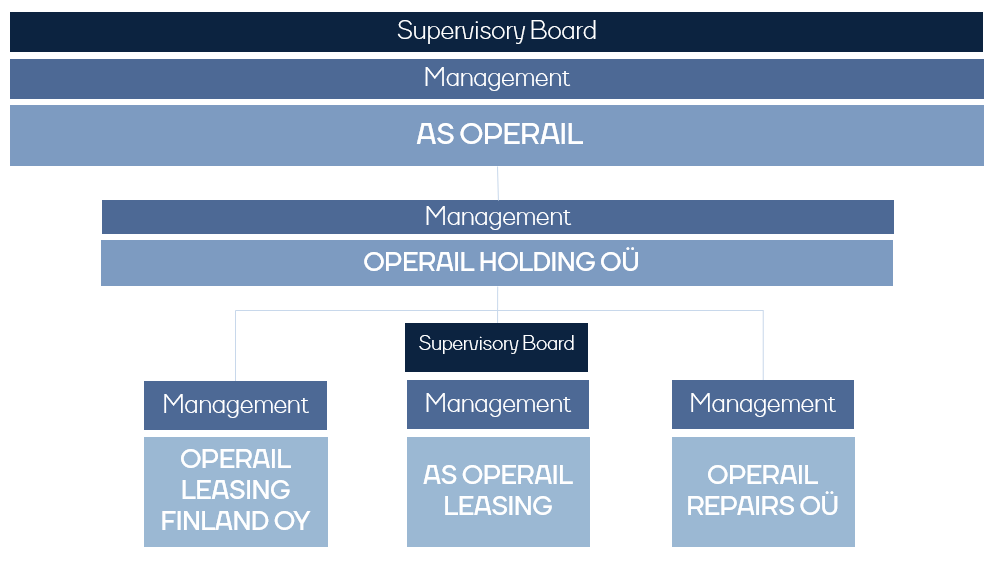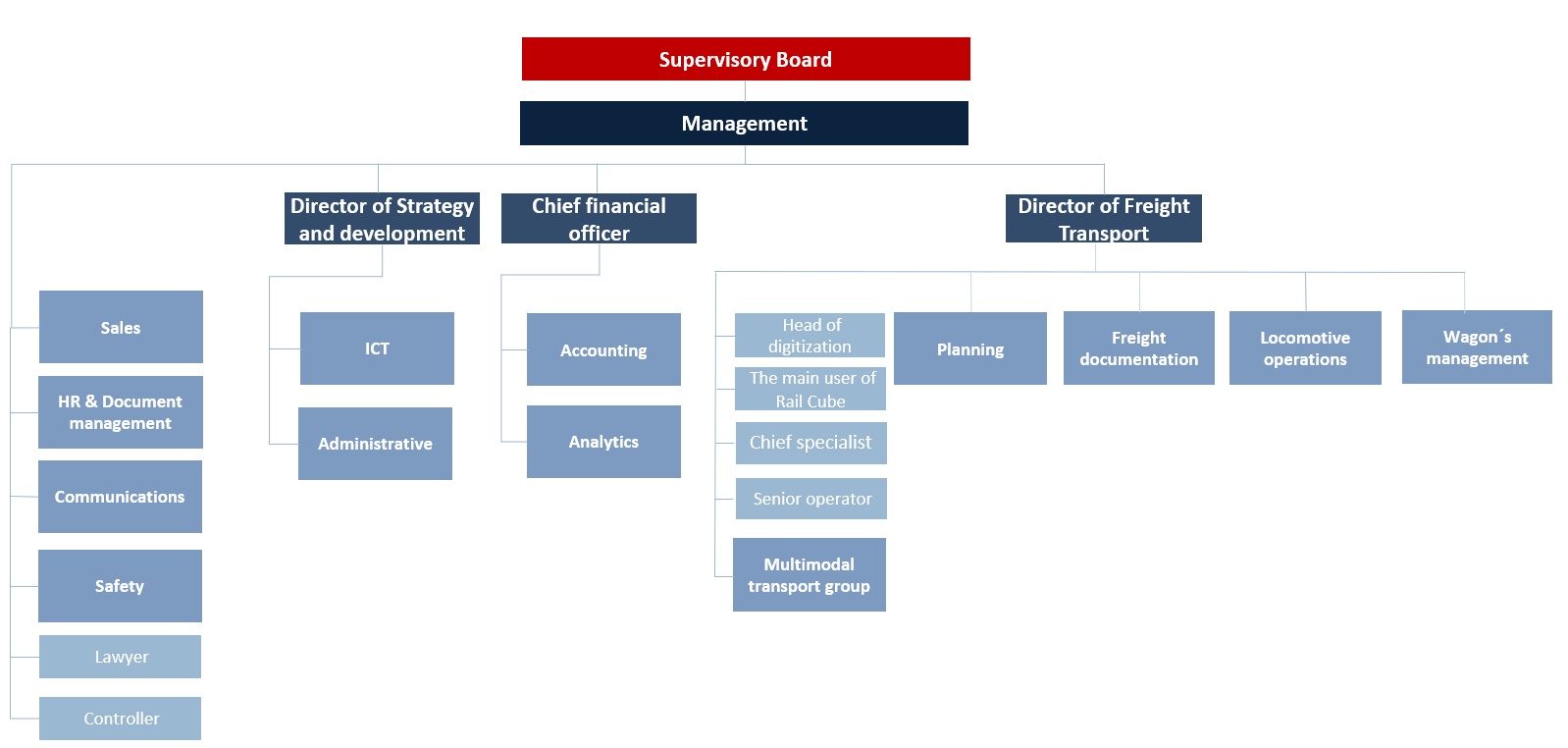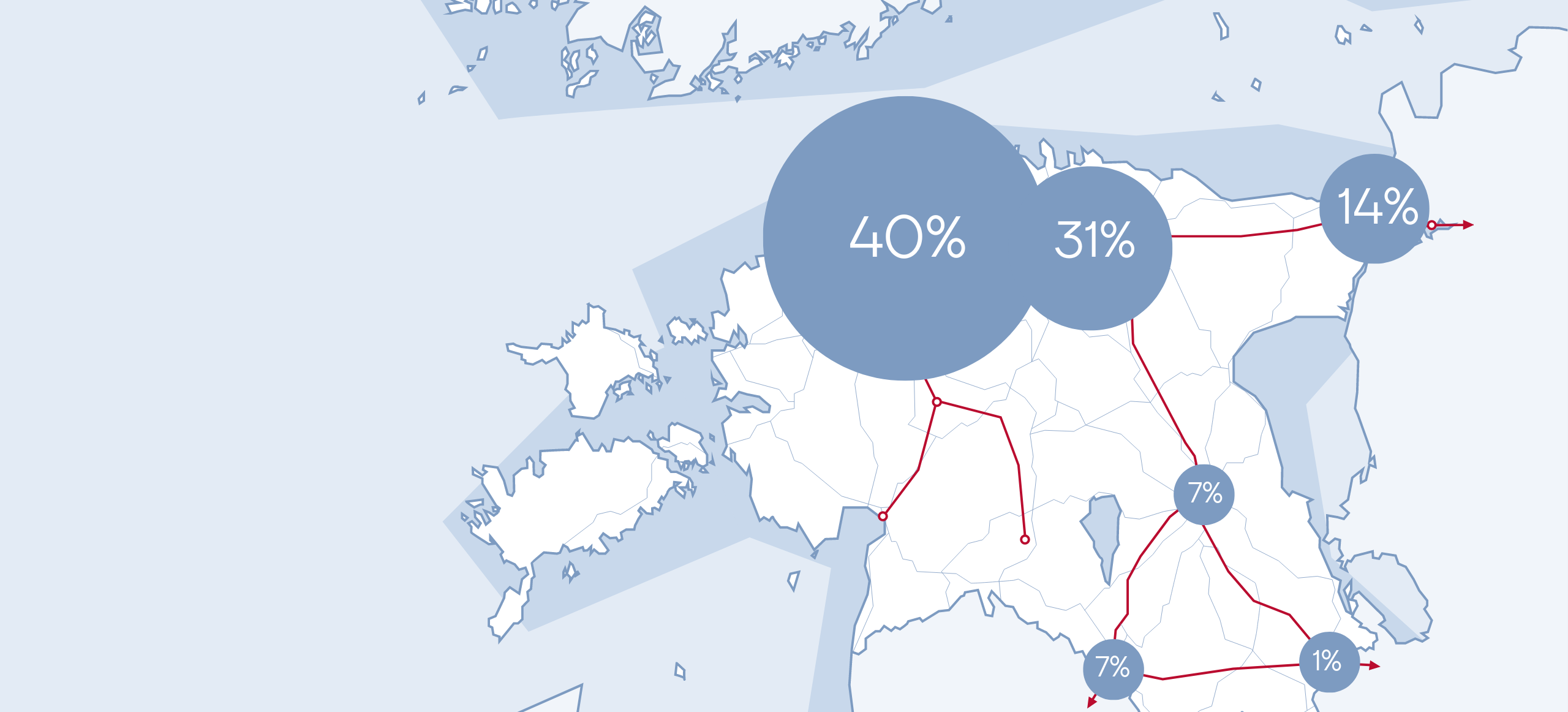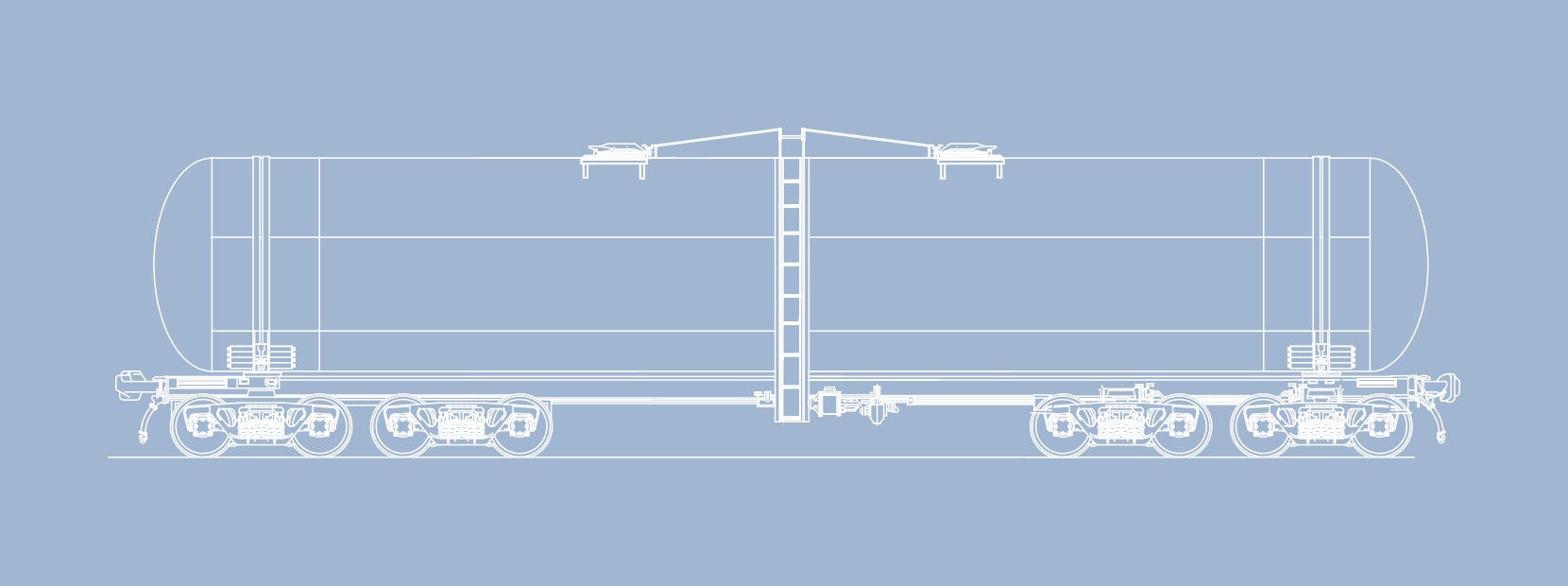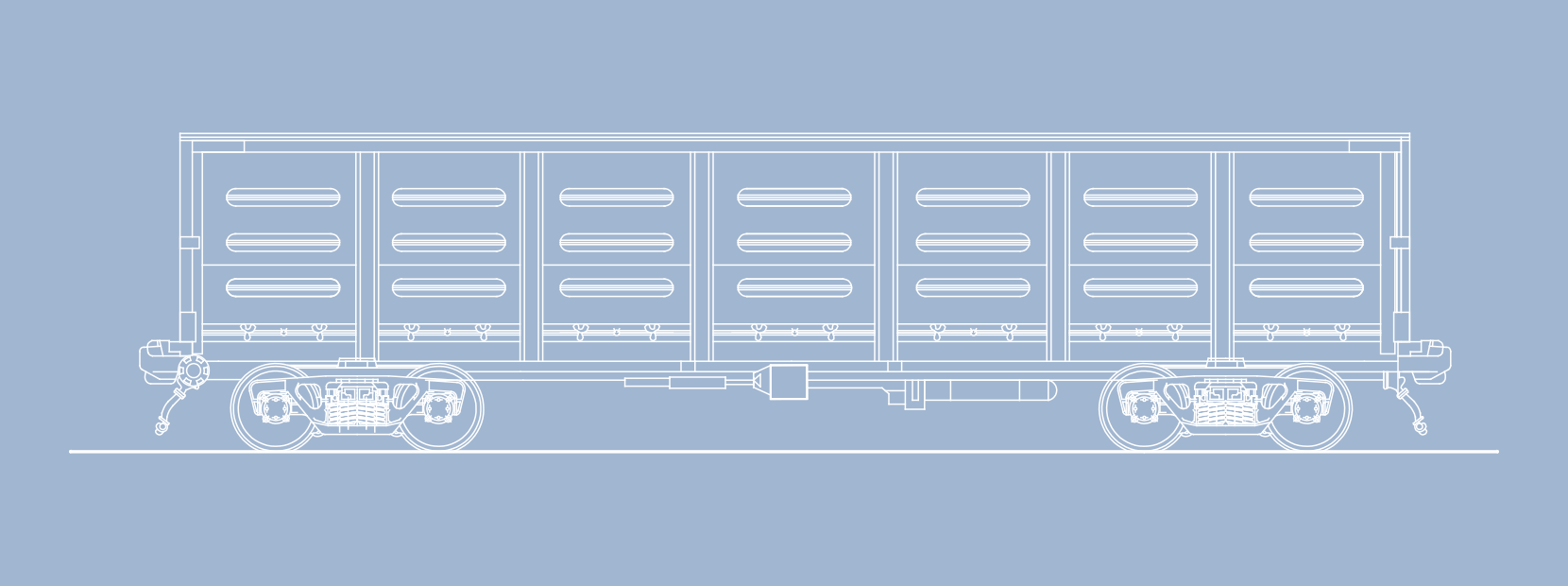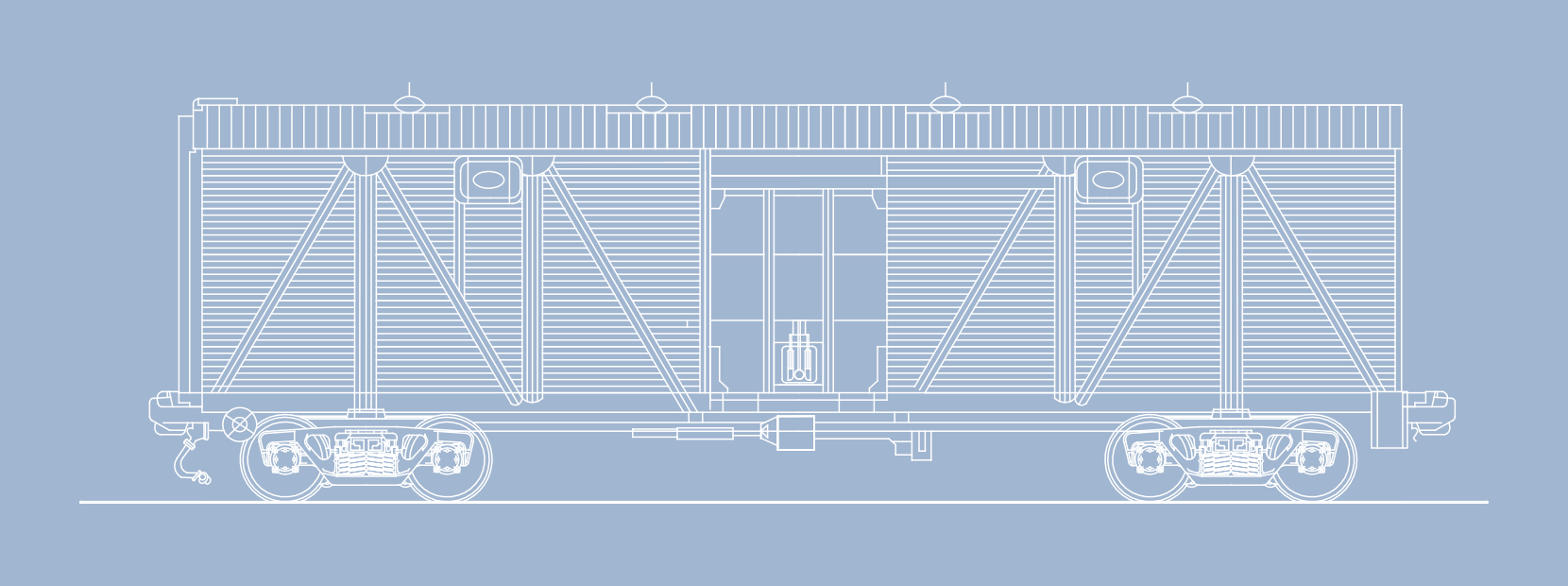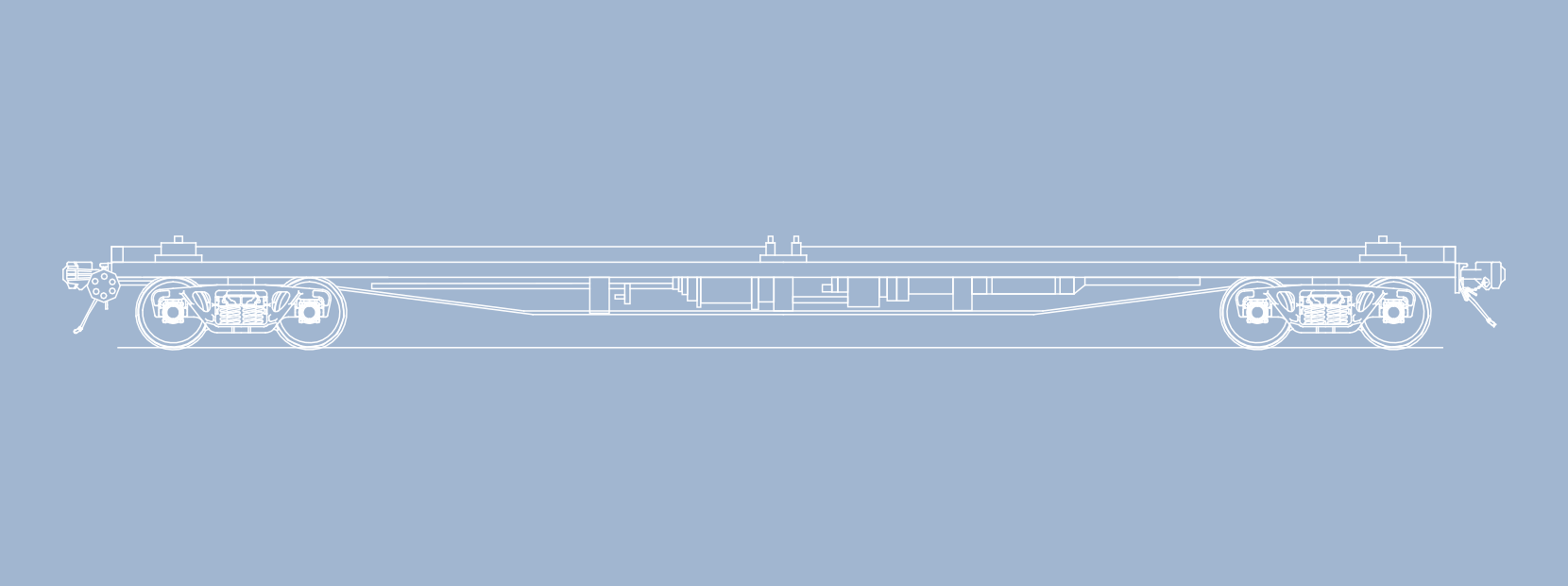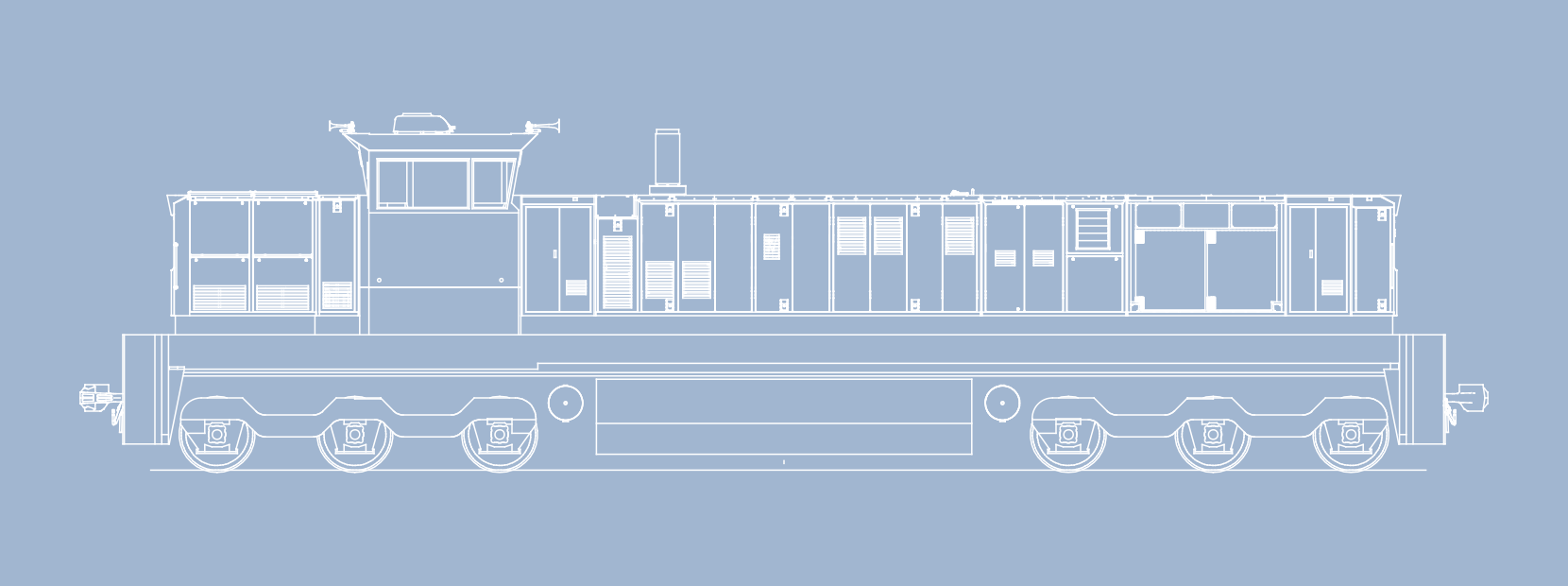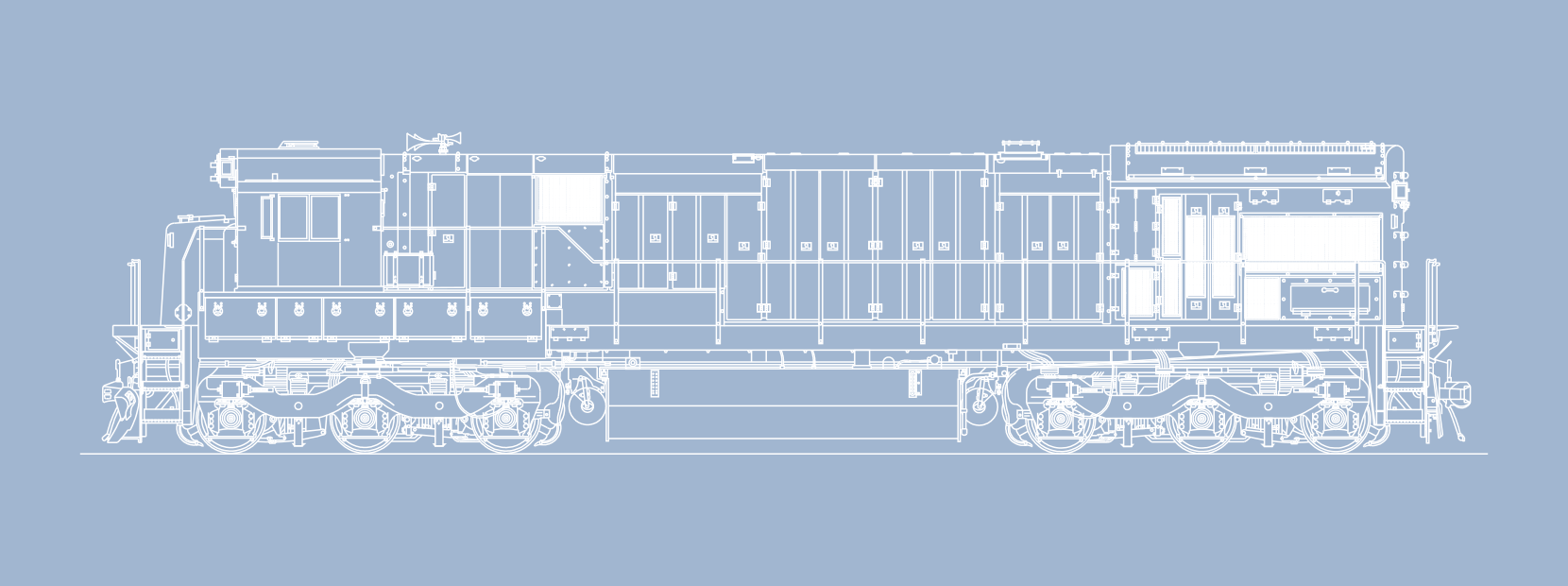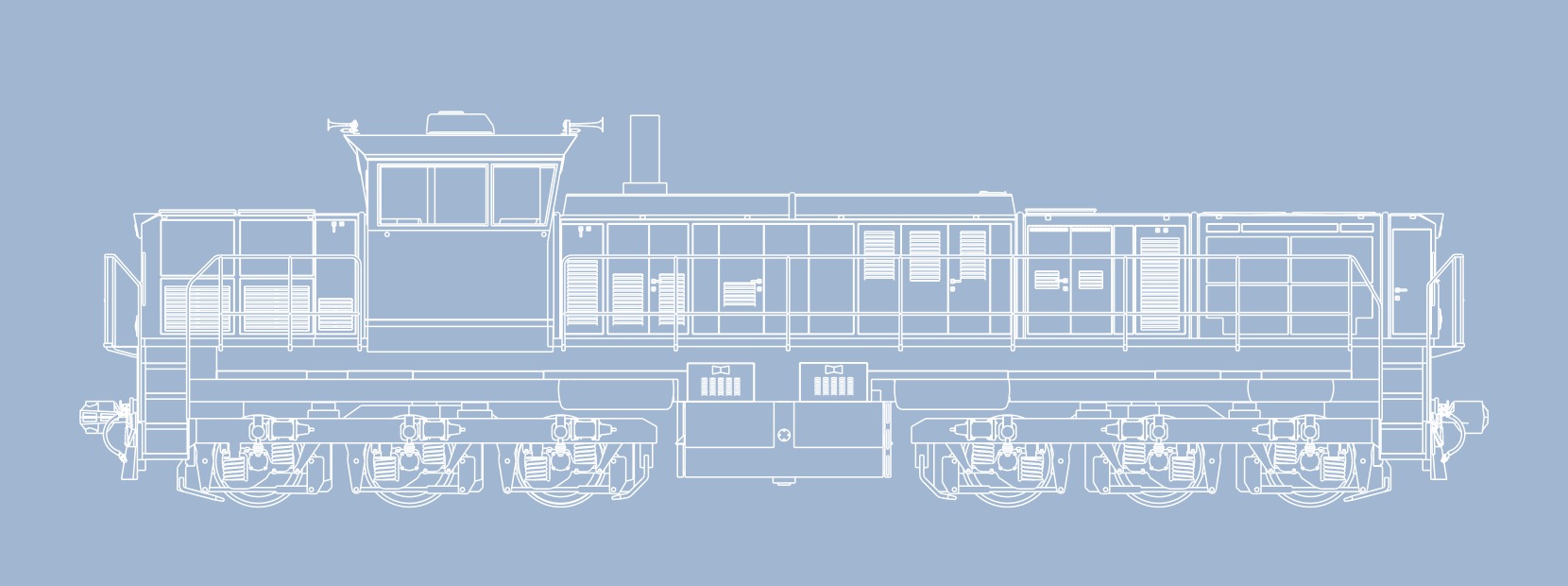The history of Operail is closely interlinked with the history of the Estonian railway.
The beginning of rail transport in Estonia can be traced to an event that took place on 5 November 1870, with the opening of the first rail connection in Estonia, the Paldiski–Tallinn–Narva–Gatchina line. Later, the network was extended with lines to Valga (1887) and Pärnu (1896). In 1897, a branch line was opened from Mõisaküla to Viljandi, and from there to Paide and the Port of Tallinn.
On 15 November 1918, the Northwest Railway (Looderaudtee), the First Approach Track Association (Esimese Juurdeveoteede Selts), and the field railway sections of the army and maritime fortress provided the basis for the formation of an independent company, Republic of Estonia Railway (Eesti Vabariigi Raudtee), which also offered freight services.
In 1931, a broad-gauge railway line was built from Tartu to Pechory. By 1940, there were 1447 km of public railways in Estonia, of which 772 km were broad-gauge and 675 km narrow-gauge railways.
During the Soviet period, there was a switch from steam engines to locomotives. In 1973, electric train service was opened between Tallinn and Kehra, and work began in Raasiku on a new auxiliary goods station. Work on the first stage of one of the primary bases for Estonian Railway’s transit potential, the port of Muuga, started in 1986. Alongside the construction of the port, the railways were also rebuilt, the new port was connected to the railways, and construction of a second pair of tracks between Tallinn and Tapa was started.
The state-owned Estonian Railways (Eesti Raudtee) was created on 1 January 1992, with the task of managing Estonia’s railways. In 2001, the government decided to sell off 66 per cent of shares in Eesti Raudtee privately, but in 2007, the decision was taken by the state to buy back all privately owned shares.
The year 2007 started very well for Eesti Raudtee. A total of 36 trains were serviced daily, and 4 million tonnes of freight were shipped monthly. The situation changed after the April riots in Tallinn, and as a result of the tense political climate, freight volumes fell by 50 per cent. Since then, the volume of transit traffic through Estonia has been gradually decreasing.
In 2009, Eesti Raudtee was split equally between two subsidiaries. Infrastructure management was handled by AS EVR Infra, and freight transport remained the domain of AS EVR Cargo. On 3 September 2012, AS EVR Cargo was spun off as a separate railway goods transport company and AS EVR Infra took back business name AS Eesti Raudtee.
In 2015, the total volume of freight transported on Eesti Raudtee infrastructure was 15.4 million tonnes, of which 68 per cent was transported by EVR Cargo. Railway freight volumes fell in all Baltic States in 2015. Russia continued to ship its raw materials via its own ports. The competitiveness of Russian transport channels rose on the back of the severely weakened rouble. Freight volumes were also affected by the sanctions imposed on Russia.
In 2016, a significant shift in the supply and demand on the wagon rental market took place. Due to restrictions on Russia’s transport supervision, Russia was forced to remove over 200,000 wagons from service over two years. This resulted in a fall of over ten per cent in the Russian wagon fleet, and there was a deficit of wagons on the market. Changes in the Russian wagon fleet affected the wagon market across the entire 1520 mm broad-gauge railway network, with wagon prices and rental charges rising dramatically.
In the face of the new market conditions, the company changed its strategy. Previously, EVR Cargo had defined itself as a freight transporter. Since 2016, however, EVR Cargo has separately developed its wagon rental and rolling stock repair and maintenance business, and has accordingly changed its company structure.
In 2017, EVR Cargo received permission from the supervisory board to make investments in the purchase of wagons in order to further enhance its wagon rental business. In 2018, the company changed its name and visual identity, both of which stem from the time when the company was part of the Eesti Raudtee group. The company’s new name is AS Operail.
In the same year, we ended a break of almost eight decades in the history of Estonian locomotive construction and presented to the public the first C30-M modernised locomotive completed in Tapa. In 2020, we expanded into a new market when we started servicing freight transport on Finnish railways.
In the spring of 2021, the government decided to start the partial privatization of Operail. For that, we created a separate company Operail Holding OÜ, which holds all of the business areas that the state decided to withdraw from – wagon rental, freight transport in Finland and locomotive construction. In 2022, the war initiated by Russia in Ukraine changed the previous plans, and instead of partial privatization, the state decided in favor of completely exiting these business lines.



